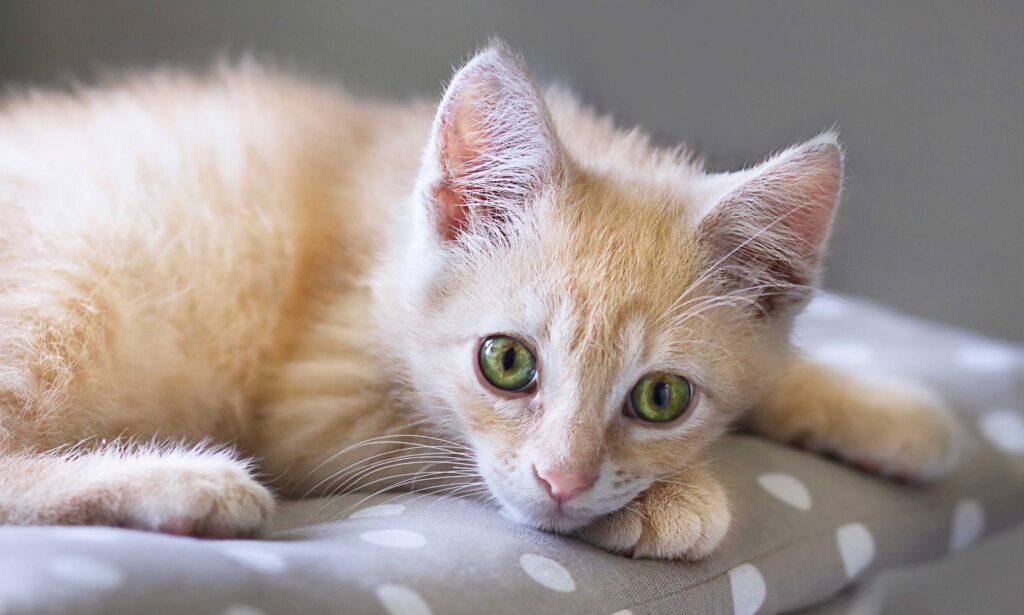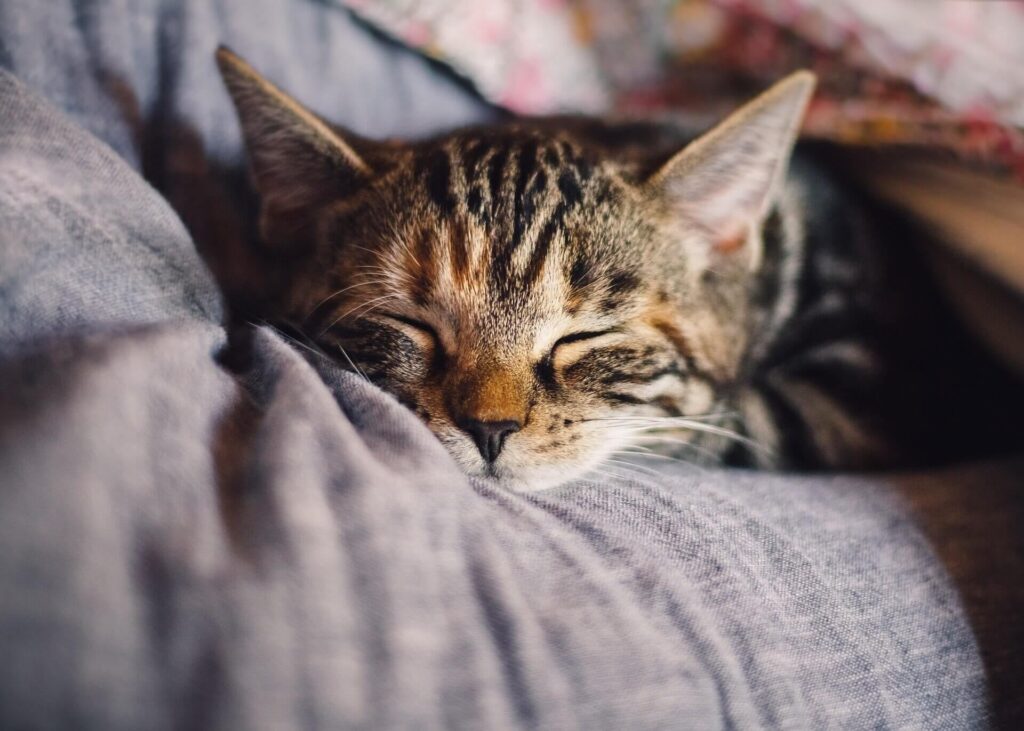Diarrhea in cats can be a problematic condition for pet owners. Happily, several homely nostrums can be employed to grapple with the problem. In this piece, we will investigate the origins of cat diarrhea, regular cures, and homely nostrums that can be utilized to assist your furry companion’s experience better without delay.
What Causes Diarrhea in Cats?
Several things can cause cat diarrhea, often a symptom of an underlying issue. Common causes of cat diarrhea include dietary indiscretion, intolerance, gastroenteritis, parasites, inflammatory bowel disease, or the side effects of medications. Other potential causes include stress or anxiety, pancreatic insufficiency, food allergies, bacterial or viral infections, over-vaccination, and kidney failure.

Identifying the cause of cat diarrhea is important to provide the appropriate treatment. If your cat’s diarrhea persists for more than 24 hours or is accompanied by other symptoms such as fever or blood in their stool, it is important to take them to the vet immediately for diagnosis and treatment.
Diet changes may be necessary, and medication may be prescribed to treat the underlying issue causing your cat’s diarrhea. If left untreated, diarrhea can lead to serious cat health issues, such as dehydration and nutrient deficiencies.
Common Treatments for Diarrhea in Cats
Diarrhea in cats can be a troublesome yet common symptom of various underlying issues. Fortunately, a range of treatments are available to help alleviate this uncomfortable condition. The most effective remedy is to identify and address the underlying cause of the diarrhea.
This may involve dietary changes or supplementation with probiotics and fiber. Anti-diarrheal medications may also reduce discomfort and help firm up stool consistency. In some cases, antibiotics may be recommended to target bacterial infections contributing to diarrhea.
Home remedies such as pumpkin puree or adding bone broth to food can also relieve cats with mild cases of diarrhea. It is important to work closely with your veterinarian to determine the best course of action for your cat’s individual situation to ensure successful treatment and improved quality of life.
Remedies for Diarrhea in Cats
In addition to medications and dietary changes, several home remedies can help manage feline diarrhea. Here are some of the most effective home remedies:
1. Probiotics: Microbes with beneficial properties can assist in the rectification of equilibrium in the intestinal tract and alleviate manifestations of looseness of the bowels. You can find probiotics in pet food stores or online retailers specializing in pet products. Read the ingredients list carefully before purchasing any probiotic supplement for your cat.
2. Unembellished Yogurt: Unembellished yogurt holds beneficial microorganisms that can facilitate recondition equilibrium in your felid’s intestinal arrangement and tame indications of looseness of the bowels. Make sure you choose a plain yogurt with no added sugar or flavorings – plain Greek yogurt is best! You can mix a small amount into your cat’s food once daily until their symptoms improve.
3. Boiled Chicken: Boiled chicken is not only great for cats who are suffering from diarrhea but also for those who are recovering from illness or surgery! Boiling chicken helps break down proteins and makes it easier for your cat to digest without causing further upset to their digestive system. You can feed boiled chicken once daily until their symptoms improve.

4. Pumpkin: Pumpkin is rich in fiber which helps absorb excess water from the intestinal tract and reduce symptoms of diarrhea in cats. You can mix a small amount into your cat’s wet food once daily until their symptoms improve – make sure you use pure canned pumpkin (unsweetened) with no added sugar or spices!
5. Rice Water: Rice water has long been used as an effective home remedy for treating mild cases of feline diarrhea due to its ability to absorb excess water from the intestinal tract and add bulk to stools which makes them easier to pass without causing further upset to your kitty’s digestive system! To make rice water, boil one cup of white rice with two cups until it becomes thick and creamy – then strain off the water and give it to your cat once daily until their symptoms improve!
6. Fiber: Fiber helps absorb excess fluid from the gut and helps firm up stools by providing bulk. You can find fiber supplements at most pet stores or online retailers specializing in pet products. Start with small doses and gradually increase until stools become firm again.
7. Apple Cider Vinegar: Apple cider vinegar helps neutralize acidity in the stomach, which can help with digestion issues like diarrhea. It can be given orally (diluted with water) or added directly to wet food for easy consumption.
8. Herbal Remedies: Several botanicals have been reported to decrease redness in the abdominal cavity and mitigate effects linked to feline diarrhea, such as cramping, puffiness, nausea, etc.
A few exemplars involve chamomile tea (which alleviates inflammation), mucilaginous elm powder (which veils the interior of the bowels), licorice root (which lessens inflammation), mallow root (which envelops the digestive walls), and ginger root (which lessens nausea).
When utilizing herbal remedies, it is advisable to converse with a certified veterinary herbalist before giving any herbs directly to your cat. Some herbs may interact with medications or cause other adverse reactions if given too high a dose!
When to Seek Veterinary Assistance
While most cases of cat diarrhea resolve within a few days with these home remedies, monitoring your cat’s condition closely is essential. Seek veterinary assistance if:
- Diarrhea persists for more than three days.
- Your cat shows signs of extreme lethargy or weakness.
- Blood or mucous is present in the stool.
- Vomiting accompanies the diarrhea.
- Your cat refuses to eat food or drink water.
Conclusion
Dealing with cat diarrhea can be concerning for pet owners, but by implementing these natural remedies and providing appropriate care, you can help ease your feline companion’s discomfort and restore their digestive health. Every cat is unique, so consult your veterinarian before significantly changing their diet or introducing supplements. With your love and attention, your cat will soon return to their playful and happy self!
